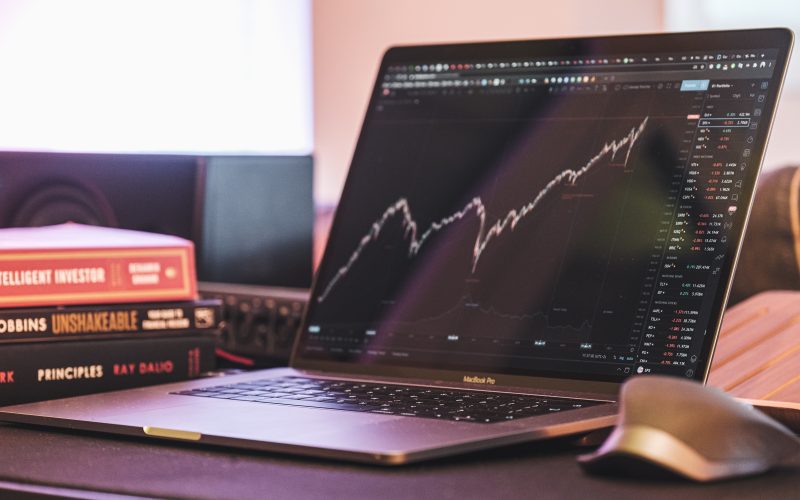In the realm of corporate finance, few topics spark as much controversy and public debate as share buybacks. These stock repurchase programs, where a company buys back its own shares from the market, have been met with criticism and labeled as a destructive force undermining the economy. However, it is high time we reassess the prevailing sentiment and shift the narrative from hate to scrutiny when it comes to share buybacks.
Let’s start by acknowledging the legitimate concerns that surround share buybacks. Critics argue that these programs primarily benefit wealthy shareholders and executives, leading to increased income inequality. They contend that companies should allocate their resources to more socially responsible initiatives like research and development, employee wages, or capital investments. While these concerns are valid, it is essential to examine the full picture and understand the intricacies of share buybacks.
One key aspect often overlooked is the flexibility share buybacks offer to companies. By repurchasing their own shares, businesses can reallocate capital efficiently, adjusting their capital structures to adapt to changing market conditions. Share buybacks enable companies to return excess cash to shareholders, signaling confidence in the business’s future prospects. This, in turn, can attract new investors and bolster share prices, benefiting a broader spectrum of stakeholders.
Furthermore, share buybacks can be an effective tool for mitigating dilution. Many companies issue stock-based compensation to retain and incentivize employees, often diluting existing shareholders’ ownership in the process. By repurchasing shares, companies can offset this dilution and preserve the value for existing shareholders, aligning their interests with employees’ incentives.
The current scrutiny around share buybacks has prompted regulatory bodies to explore potential limitations or stricter oversight. While it is crucial to prevent abuse or manipulation, an outright ban or overly restrictive regulations could stifle the fluidity and dynamism of the market. Instead, we should focus on enhancing transparency and ensuring that share buybacks are conducted in a fair and responsible manner.
To achieve this, regulators could mandate detailed reporting requirements for share buybacks, including information on the purpose, timing, and volume of the repurchases. Additionally, shareholders should be provided with clearer mechanisms to express their opinions on share buyback proposals and hold executives accountable for their decisions. By enhancing disclosure and shareholder engagement, we can strike a balance that allows for scrutiny while preserving the benefits of share buybacks.
It is important to remember that share buybacks are just one tool in a company’s financial toolkit. They should not replace long-term investments in areas such as research and development or neglect employee well-being. However, when utilized prudently, share buybacks can create value and drive economic growth.
As journalists, it is our responsibility to approach contentious issues like share buybacks with objectivity, rigor, and a commitment to truth. By shifting the narrative from hate to scrutiny, we can encourage informed discussions that foster a better understanding of this complex financial practice. Let us embrace this opportunity to explore ways to enhance the accountability and transparency of share buybacks, ensuring they serve the interests of a wider range of stakeholders.
Disclaimer: The views and opinions expressed in this article are solely those of the author and do not necessarily reflect the official policy or position of the publication.












